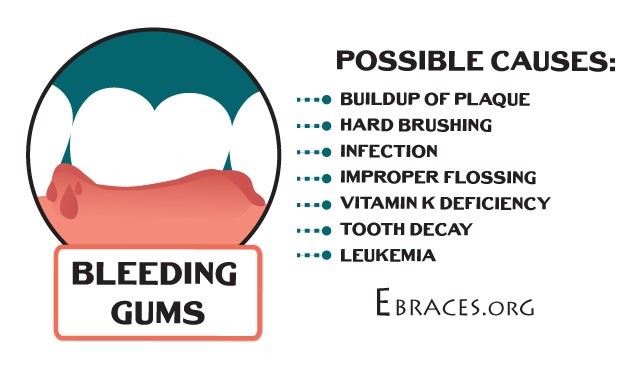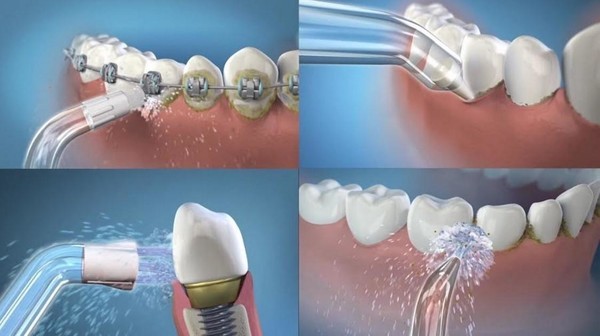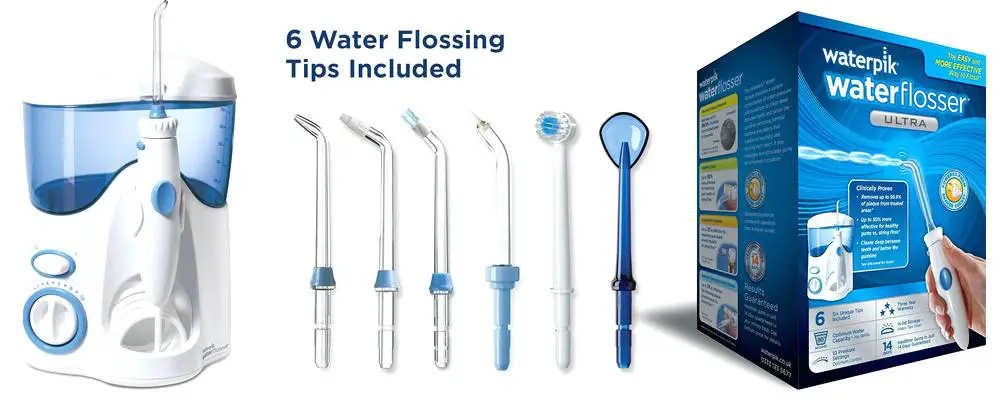Flossing is important. In fact, if you ask your dentist, they will probably tell you that it is mandatory. But for as critical as this practice may be, many people have some reservations. Maybe you find flossing difficult, maybe you find it tedious, maybe you have even hurt yourself with floss.
For as fraught with inconveniences or even irritations as flossing can sometimes be, this does not diminish the importance.
In order to maintain proper oral hygiene, you are going to want to make sure that you engage in the best flossing practices. However, that can be easier said than done. If you your teeth hurt after you floss, you may not want to keep doing it.
Today we aim to look at why teeth might hurt when you floss. We will then look at solutions that might be suitable for you.
First, Why is Flossing so Important
Let’s make sure that you understand why flossing is so important. For one thing, oral hygiene has an impact on more than just your mouth. Improper oral hygiene can have a negative impact on your heart health.
Granted, the connection is not entirely understood. Some theories suggest that the bacteria that accumulates in an un-flossed mouth can spread throughout your cardiovascular system.
The results are not entirely conclusive but why take chances? If reducing your risk of a heart attack can be as simple as dedicating a minute or two a day to flossing, why not do it?
Of course, heart health is not the only impact that flossing can have on your health.
There is a reason that the ADA recommends flossing twice daily for two minutes. There are bacteria that you just don’t get to when you simply limit your oral hygiene regiment to brushing alone.
Flossing will prevent tartar build up, mitigate the risk of bad breath, and it will be far more effective at preventing gum disease than brushing alone.
All of this said, there are some risks to flossing. These risks should not preclude you from doing it. They should however, make you more concerned with doing it the right way. This in mind, we will now examine the risk of injury when flossing your teeth.
Risk of Injury
Holding a string of floss in your hand, it might feel very silly to think that it could be of any harm to you. There is no doubting that it does not have much of an intimidating presence. If your teeth hurt after you floss, you no doubt understand that flossing does have risks.
If you do not work the floss properly, your teeth and gums will feel the impact. The result can be small cuts that result in blood, and possibly even more bacteria.
Because of this risk, some dentists are moving away from recommending flossing at all. They have instead begun suggesting electric toothbrushes, mouthwash, and water flossers.
Let’s now look at some alternative or supplemental practices that might further help your oral hygiene.

Water Flossing
Water flossing is a natural, healthy, efficient way to clear bacteria from between your teeth. This method is chemical free, and it is not nearly as risky as using a traditional string of floss.

Benefits of water flossing:
Here are a few benefits that you receive when you opt for a water flosser instead of or in addition to traditional floss.
- Chemical Free: Some flossing systems will provide options for teeth cleaning chemicals to be implemented. However, for the most part, the basins are filled only with water. The method simply removes plaque by applying water pressure to between your teeth and around your gums with no chemicals required.
- It’s Effective: Using a water flosser can be up to twice as effective at eliminating bacteria around the gums as traditional floss.
- They Are Great For Unique Oral Situations: If you have tooth implants or braces, you know that flossing, and oral care in general becomes a little bit complicated. It does not, however, become any less meaningful. Water flossers can use attachments to accommodate unique situations like braces, or implants. It makes cleaning around these trouble spots easy and efficient.
- Multiple Options: Depending on the flosser that you have, it may come with its own unique set of teeth cleaning options. This could include various settings, or even different tips that suit your preferences. The increased range of options has obvious advantages over the limited range of functions that string floss can perform.
Difference Between Common Dental Floss:
So, what exactly is the difference between the different kinds of dental floss? Maybe you didn’t even know that there were different kinds of floss in the first place. Well, there are, and the kind that you use does matter.
The difference in outcome should be minimal. However, as you stroll through the aisles, you will find that the rolls are often a little bit different.
Some flosses feature a wax coating, others are unwaxed. Then there are also flossing picks, which feature small pieces of floss that are mounted onto a handle for easy use.
While most floss is indistinguishable you may want to examine your options if you are experiencing pain after your sessions.

Conclusion
So, what is the take away here? Flossing is clearly extremely important. It isn’t just good for your teeth, it is also impactful for your heart health.
You should definitely floss in some capacity. If your teeth hurt after you floss, there are still options. Water flossing is an effective, thorough, gentle solution for your teeth.
Water flossers are affordable, compact, and easy to use. If that is the route that you are interested in taking, we think that you will be satisfied with the results.
However, even if you don’t decide to go that route, you should still floss. For healthier teeth, gums, and heart you know what to do. Flossing for just a few minutes a day will provide your life with impactful results.
You may also like to read: